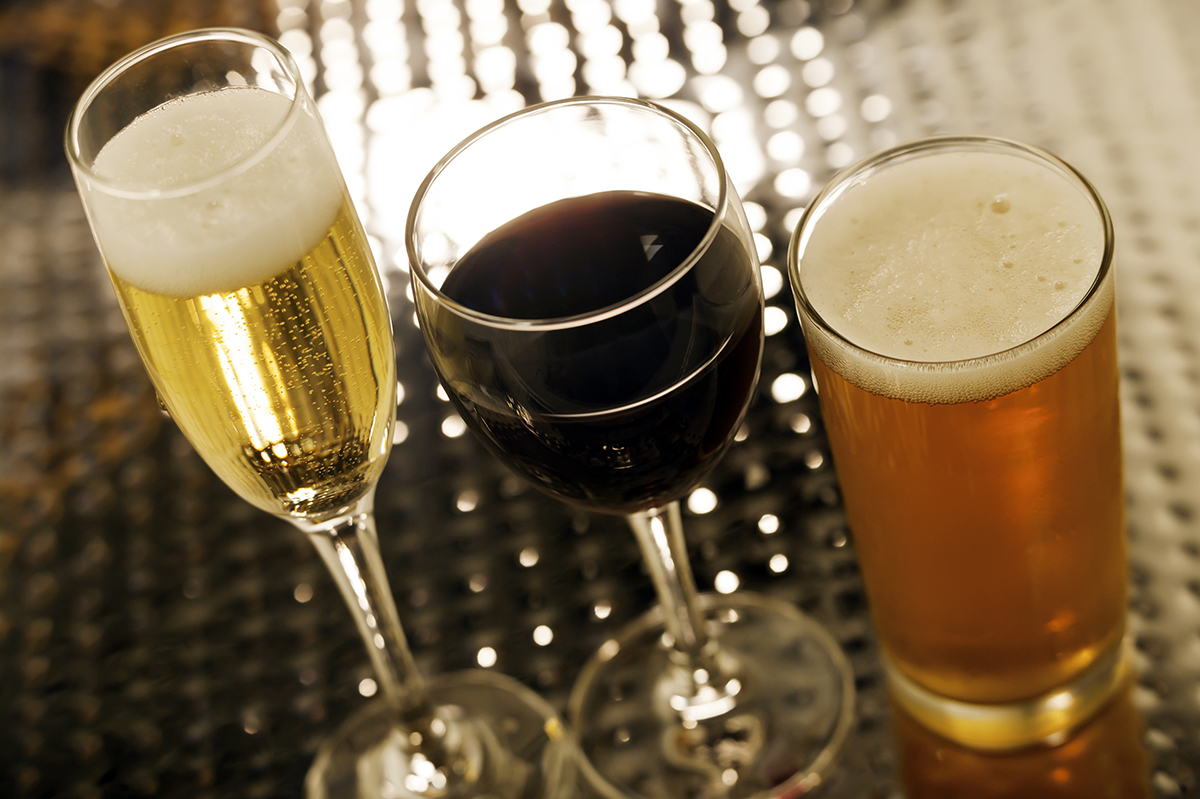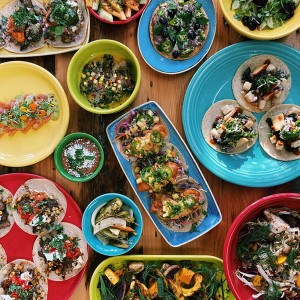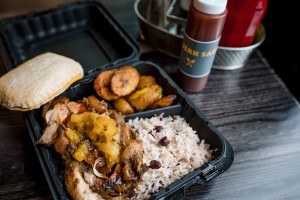Boston Restaurants Can Start Applying for BYOB Permits This Week

Photo via iStock / Drinks
Now that Boston City Council has unanimously voted to allow diners to bring their own booze to select restaurants, the local licensing board isn’t wasting any time in getting things rolling. The board is now accepting applications from interested and eligible restaurants.
This permit would let patrons bring their own bottles of beer, wine, or spiked malt beverages (sorry, no distilled spirits or liqueurs) into some restaurants. Licenses are available to restaurants in Allston-Brighton, Charlestown, Dorchester, East Boston, Hyde Park, Jamaica Plain, Mattapan, Mission Hill, Roslindale, Roxbury, West Roxbury, and some areas of South Boston. Restaurants in the North End, Back Bay, Fenway, Chinatown, Seaport, etc., will have to stay dry for now.
The BYOB permit would cost $400 annually, and only allow patrons to bring bottles in from 5-11 p.m. Once a restaurant submits an application, a hearing with the licensing board will be scheduled. BYOB could begin early this spring.
“I’m excited to see Boston officially open license applications for BYOB, creating a new way for neighborhood restaurants to thrive and more options for consumers to dine local,” City Council President Michelle Wu wrote in a press release.
Given how strict many of our state liquor laws are (see: still no happy hour), it’s encouraging to see even a little positive reform take shape. Many small business in outlying neighborhoods can’t afford liquor licenses, which can run close to $2,000, and often include extraneous fees. While this permit still has various rules and regulations, eliminating those costs makes running a small restaurant that much easier.
“This measure will bring increased economic opportunity to Boston’s neighborhood restaurants and help our city’s economic growth overall,” Mayor Marty Walsh wrote in a press release.
More booze reform could soon follow, too: the Massachusetts Alcoholic Beverage Control Commission, led by state treasurer Deborah Goldberg, recently announced the creation of a task force to reevaluate the state’s archaic alcohol laws.


